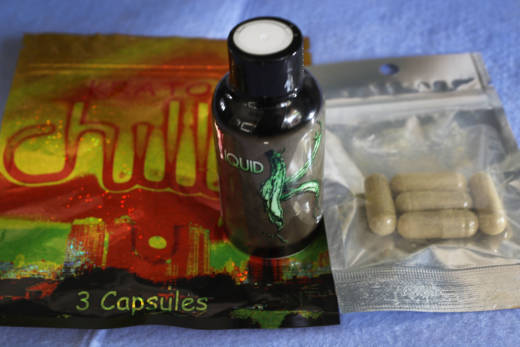A popular herbal supplement that some people use in lieu of powerful opioid drugs has been linked to an outbreak of salmonella, the Centers for Disease Control and Prevention reported Tuesday.
So far 28 people in 20 states are believed to have been sickened by contaminated kratom, a plant native to Southeast Asia that’s variously ingested as pills or powder or brewed into tea. Eleven people have been hospitalized.
Laura Gieraltowski, the CDC’s foodborne outbreak team lead, said it’s not yet known how the kratom would have come to be contaminated with salmonella, noting it could have happened in processing, or the plants could have been contaminated in the field. But Gieraltowski said the CDC has seen outbreaks caused by supplements before, including powders used in smoothies.
She suggested there are probably more cases that haven’t come to the attention of the medical community. Salmonella causes diarrhea, fever and stomach cramps that can last for up to a week, but most people recover without treatment.
Kratom can be purchased easily and legally — at least at present. But it is under intense scrutiny by the Food and Drug Administration. Earlier this month the agency reported that its studies had found the plant was an opioid.

